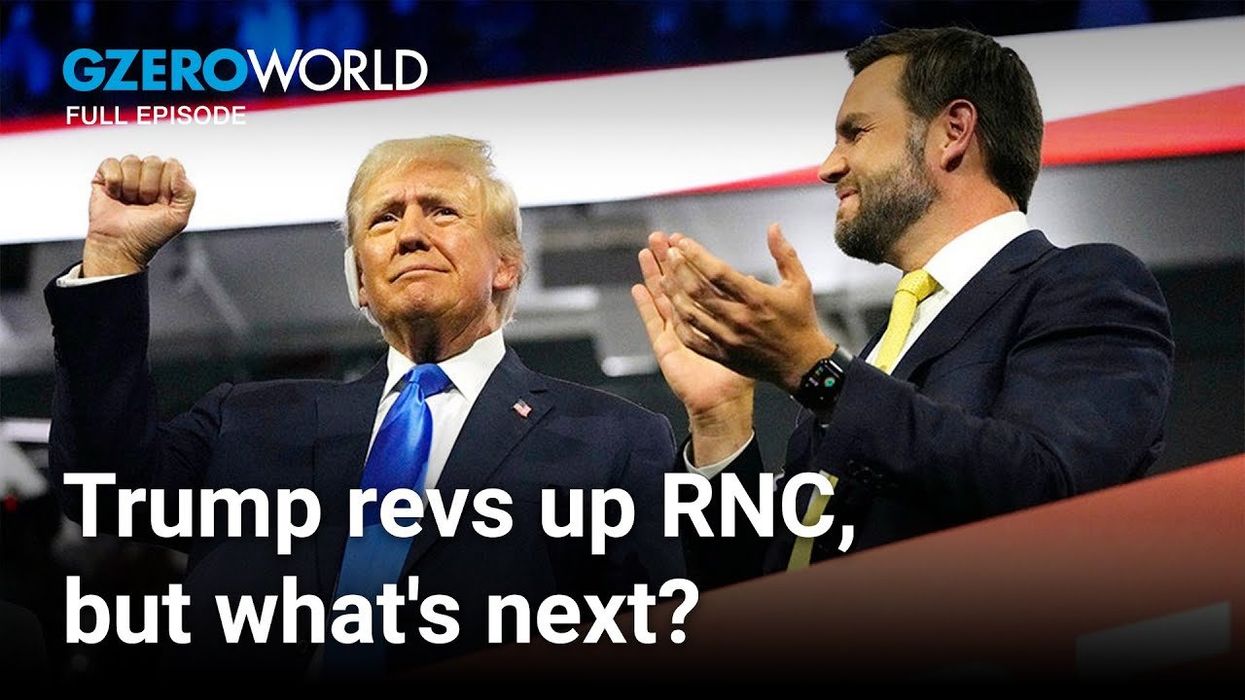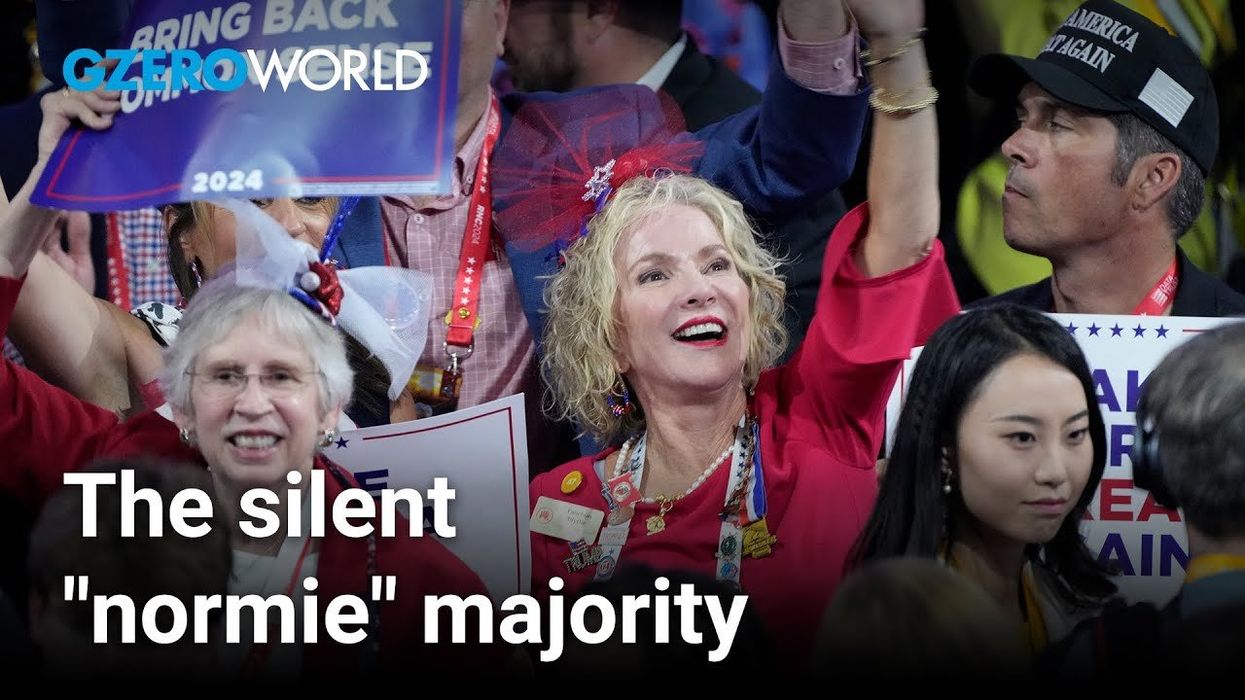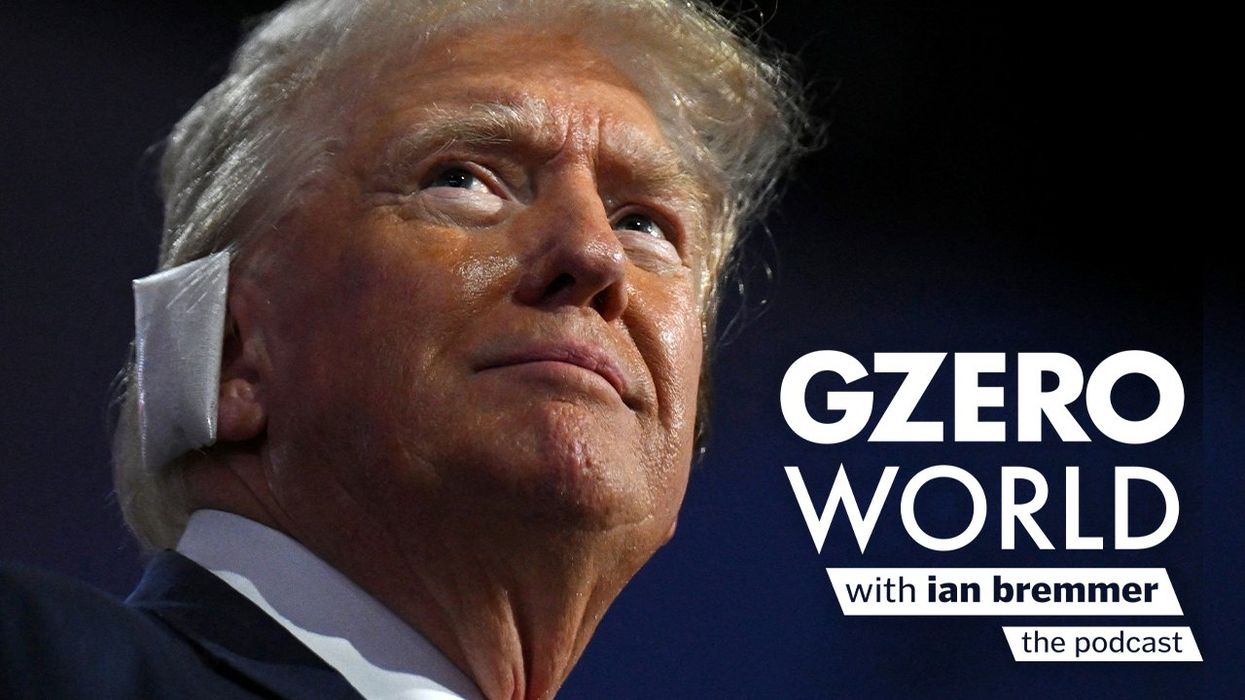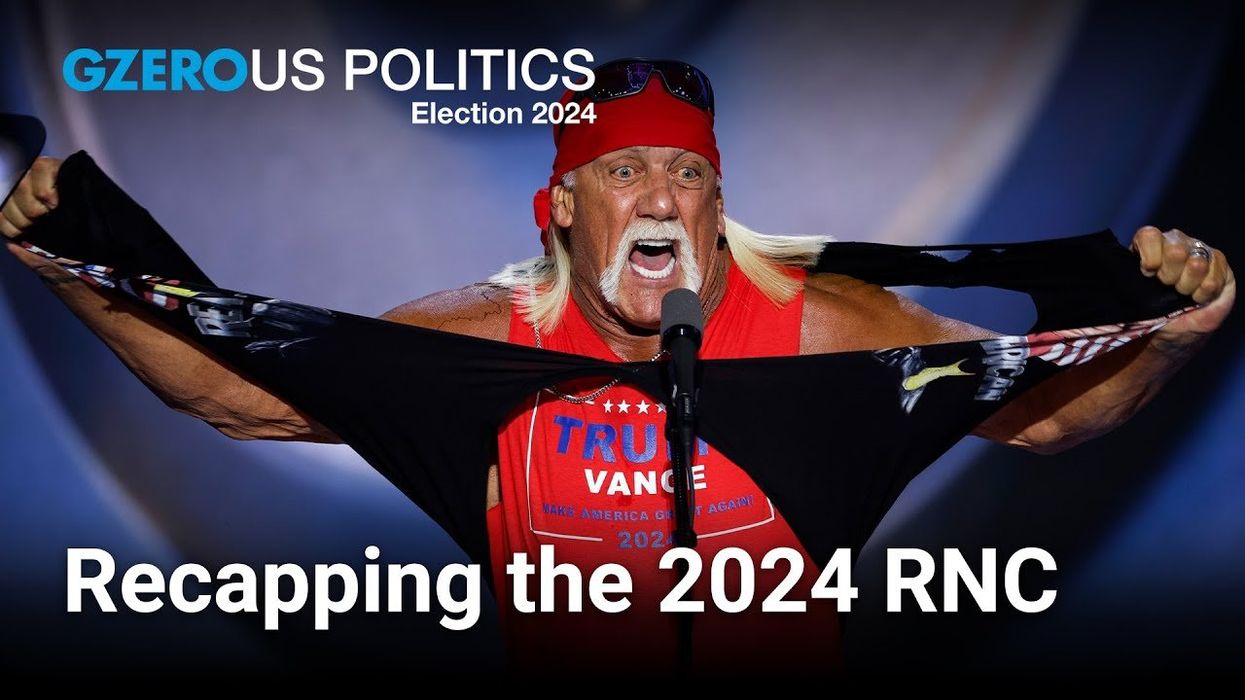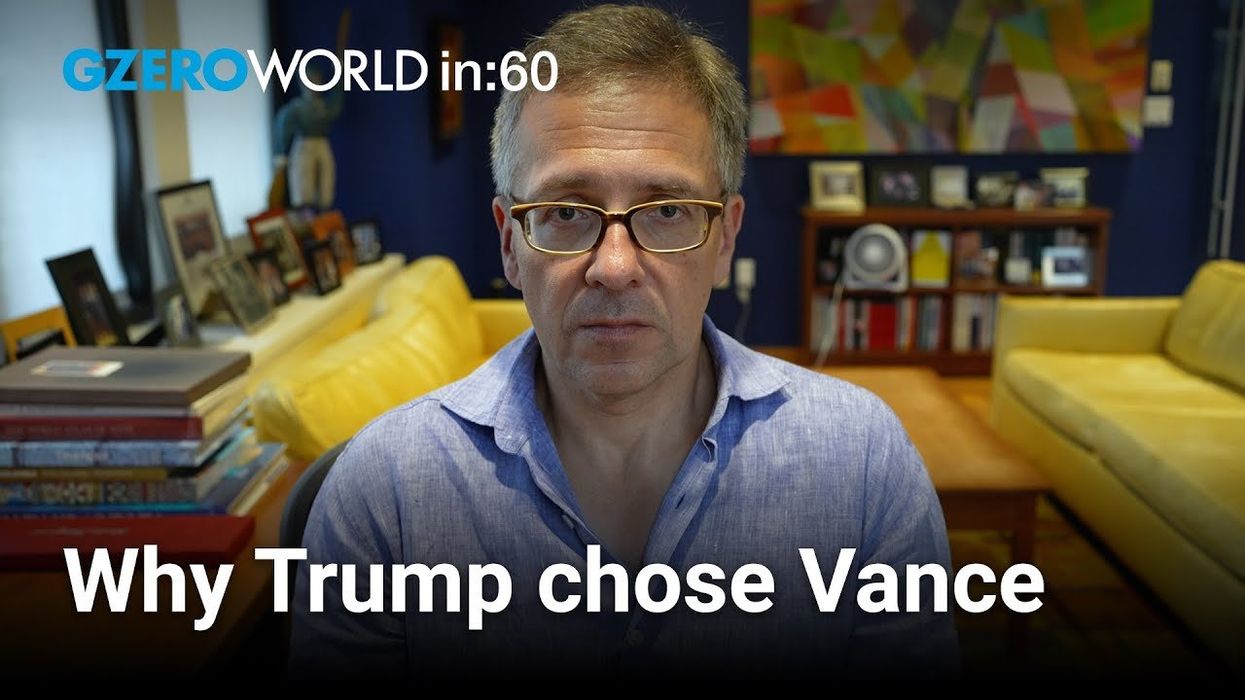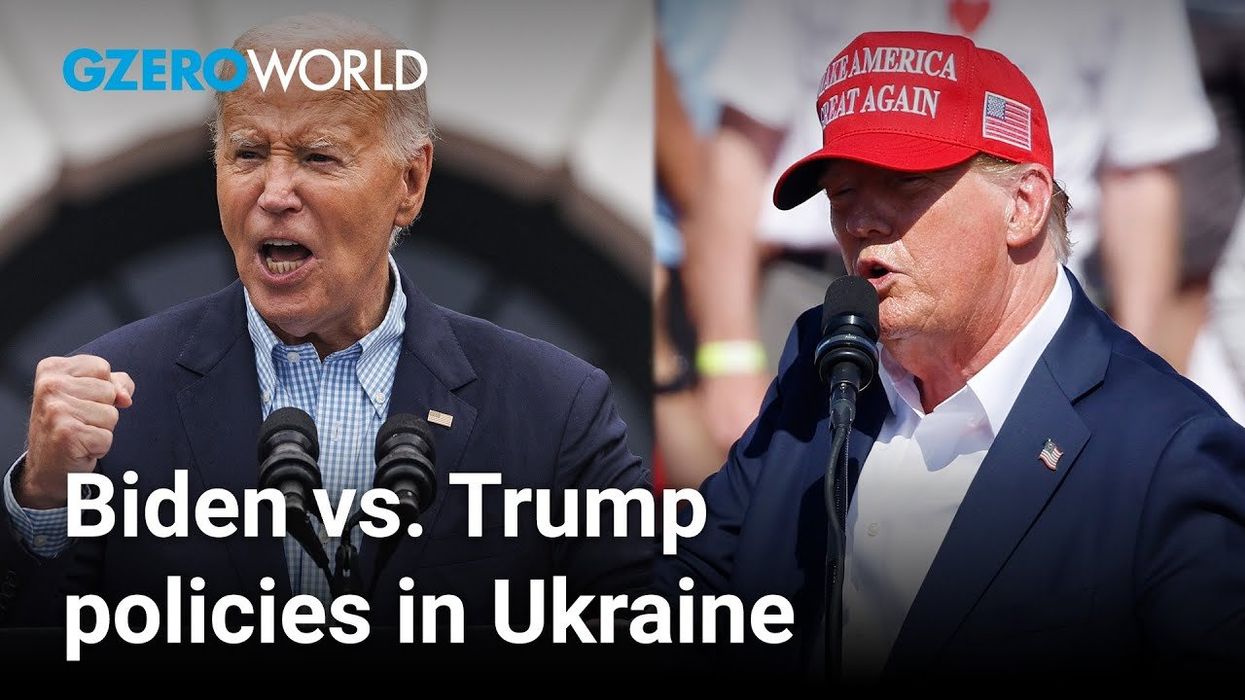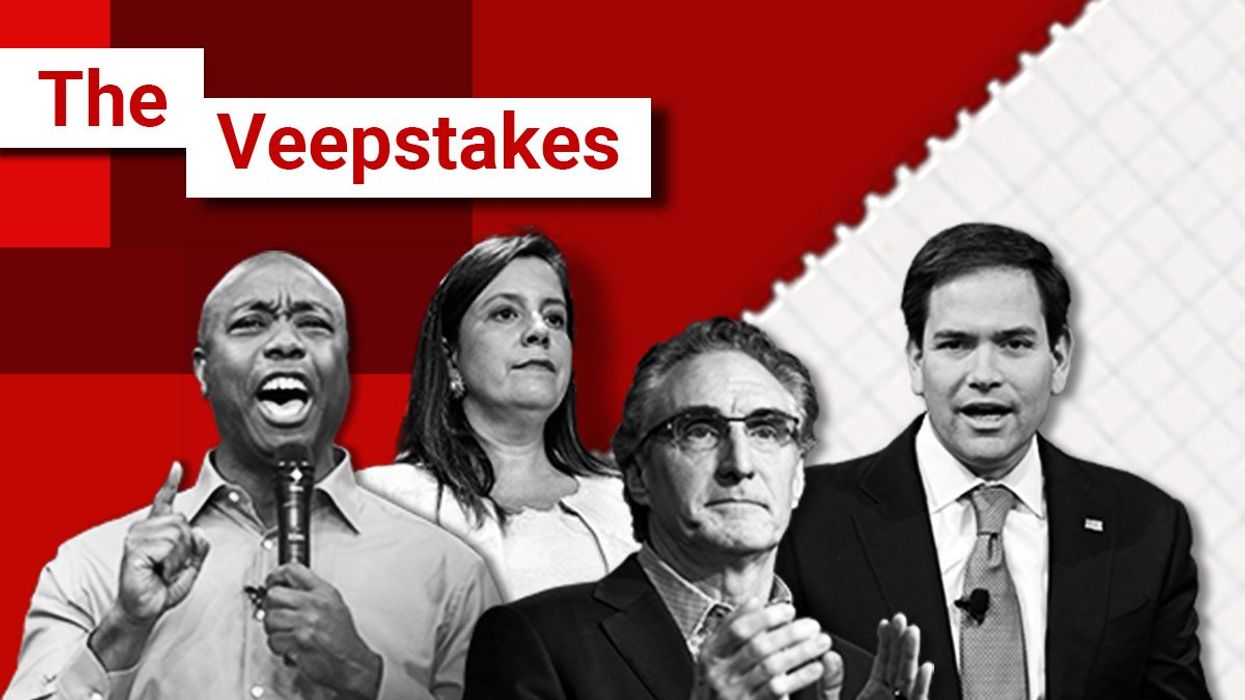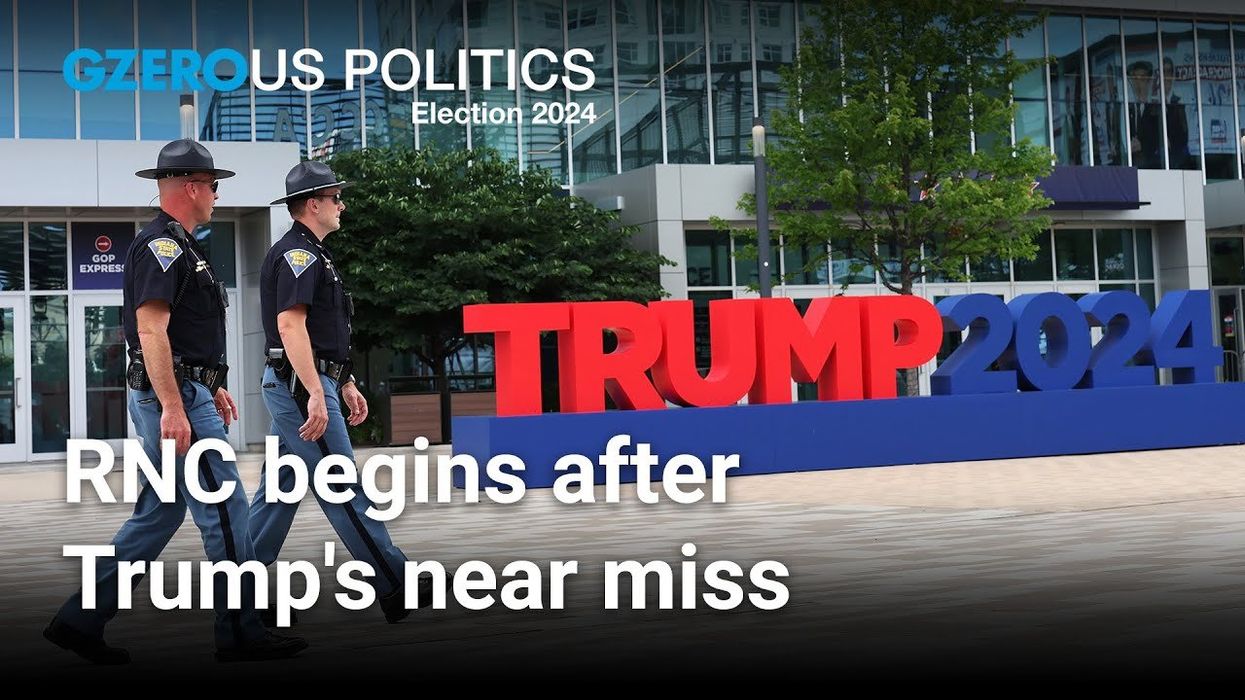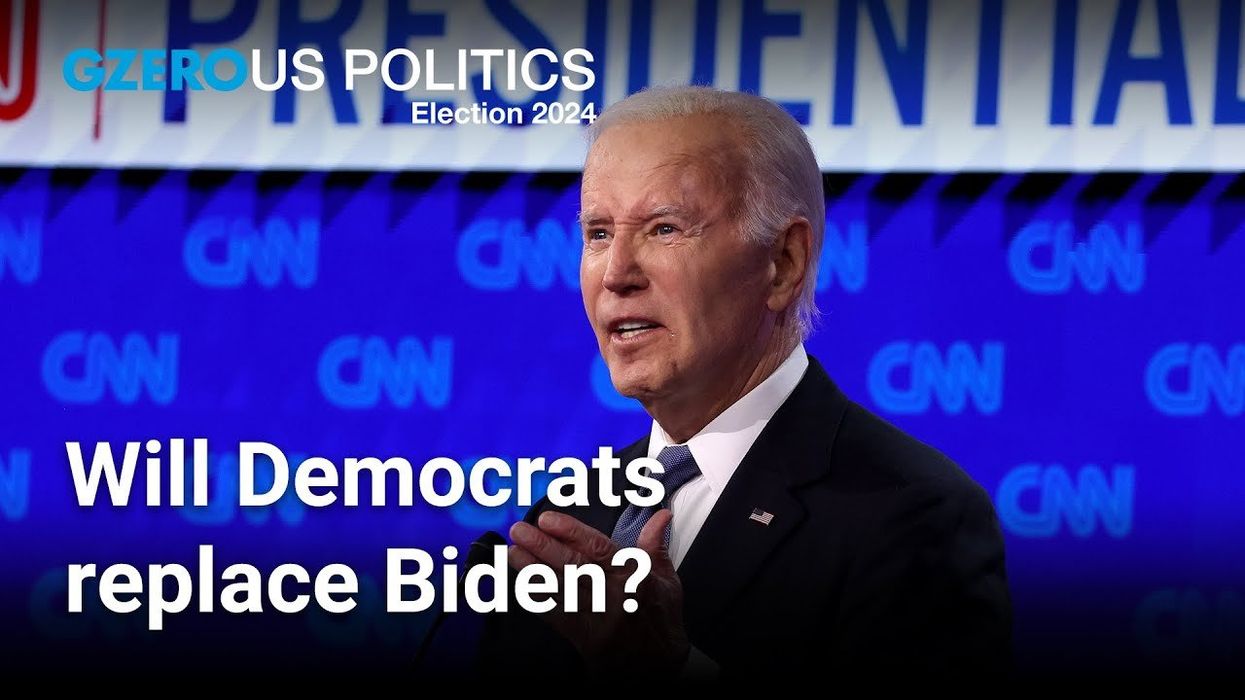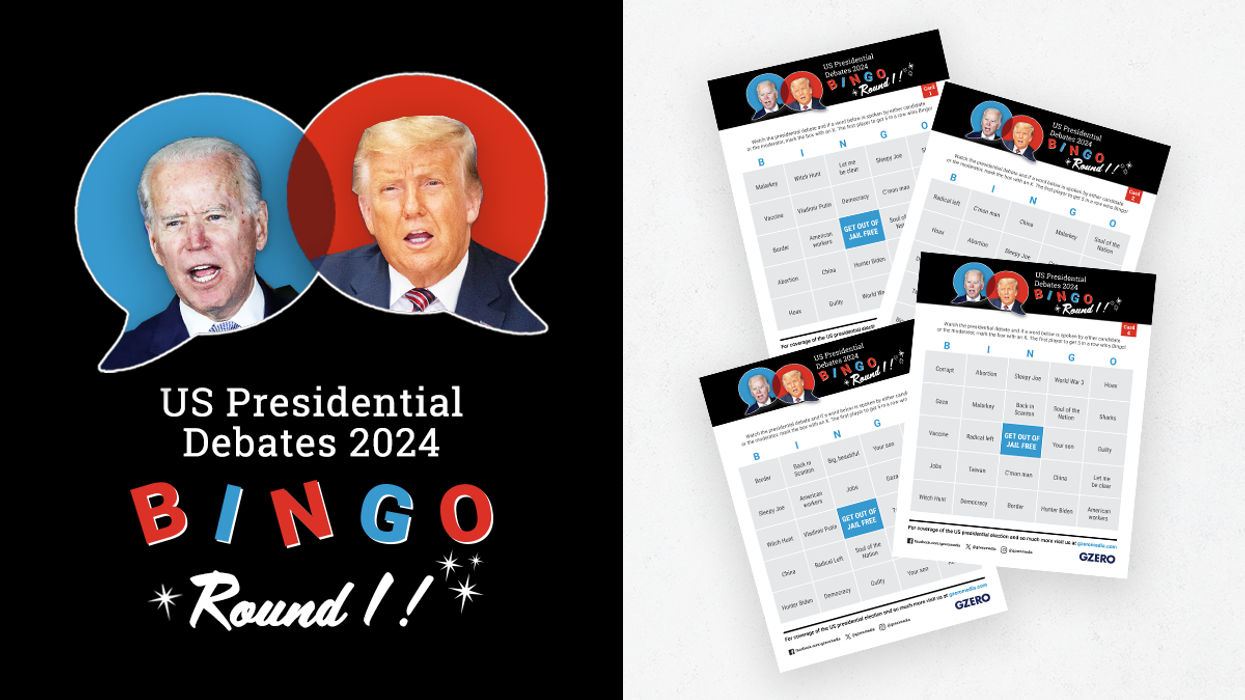GZERO World with Ian Bremmer
Trump, Biden & the US election: What could be next?
On GZERO World, Ian Bremmer reflects on this pivotal week in US politics along with media journalist and former CNN show host Brian Stelter and Vanderbilt political historian Nicole Hemmer. They dig into the political divisions that led to this moment of horrific political violence.
Jul 21, 2024
